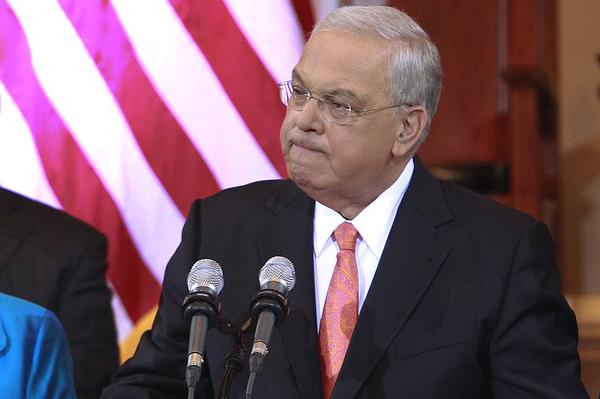Menino Since A Long Time Ago Championed Open Health

Long before he was chairman, Thomas M. Menino was championing open health. In the late 1980s, when AIDS was attacking Boston, a therapeutic study considered that giving clean needles to intravenous medicate clients could assist stem transmission of HIV, the infection that creates the ailment. Most lawmakers did not need to touch the subject, however a solitary city councilor from Hyde Park stood up energetic about thinking about the dispersion of unhindered needles.
Throughout his two decades as leader, Menino has headed a portion of the best crusades to enhance the steadiness of Bostonians, from bringing about an elevated-profile working environment smoking boycott to prodding through the 1996 merger of Boston City Hospital and Boston University Medical Center to enhance tend to the city’s poorest occupants. In the early 2000s, when health supporters were attempting, unsuccessfully, to get a statewide law restricting smoking at indoor work environments, a consortium of Greater Boston neighborhoods talked about a provincial approach, trusting it might provoke state activity.
However every group needed to pass its particular regulations, a movement numerous were reluctant to do in light of the fact that none needed to be the first and hazard losing restaurant and bar business to a neighboring town. Menino and Auerbach, by then the city’s open health magistrate, were near the first to stand up, stated Harold Cox, a copartner dignitary at Boston University’s School of Public Health, who was then the head open health officer in Cambridge.
A year ago, Boston ended up being the first huge city in Massachusetts —and the greatest in the country —to boycott smoking out in the open lodging. Maybe one of Menino’s most stupendous ardors has been his head to guarantee equivalent access to value social insurance, and to shut that hole between rich and unfortunate, dark and white, state those who have worked with him on the forefronts.
